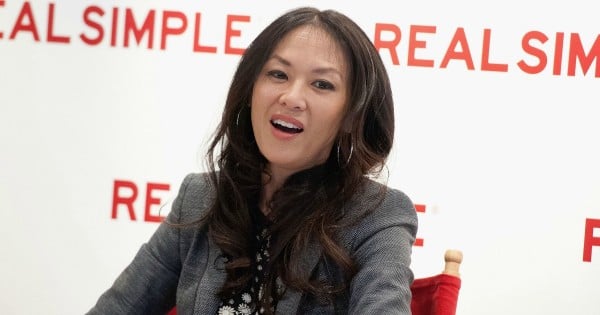
No one is a perfect parent. That’s about the only thing I know for sure about parenting. And that’s okay because we love our kids and we try every day (when we are not dreaming about an electronic gadget that hangs up wet towels – parents’ fantasies are the best).
Actually, I do know something else. I know there is a time to let go. That’s your job, give them the skills they need to stand a chance in this brilliant but sometimes brutal game of life and then push them out of the nest and watch them open those glorious wings and fly to spectacular places and do amazing things.
Only we are not doing that.
Well, so many parents aren’t doing that. A study from the Queensland University of Technology (QUT) released this month, Overparenting and Homework: The Student’s Task, But Everyone’s Responsibility, conducted by clinical psychologist Dr Judith Locke, found that the parents who do their children’s homework at school, are following them to university.
While we used to read similar studies from overseas, Australia has caught on and according to the Herald Sun, “Helicopter Parents” are turning up at universities and becoming intimately involved in their child’s assessments and timetables.
These parents are waking adult children for lectures, doing their university assignments, contacting lecturers over issues, picking them up at “the school gate”, ironing out any obstacle that gets in their offspring’s way, giving their adult child everything they can. They hover, interfere, fret, fix and shadow until their adult child – who surely they want to live in the light – is so fragile, powerless and needy they are really living in the dark.


![Group of students having a class. Focus is on young woman reading a book. [url=http://www.istockphoto.com/search/lightbox/9786738][/url]](http://cdn.mamamia.com.au/wp/wp-content/uploads/2016/02/24150856/university-students-image-via-istock-600x315.jpg)
Top Comments
I am currently reading Judith Locke's book 'The Bonsai Child' and have seen her speak- she is raising some excellent points, and offers practical strategies to make changes to your parenting style.
By the time a child starts high school they need to be left to get themselves there and back.
Aprart from our roads being clogged with helicopter parents driving their 14 year olds to and from school we are robbing them of their independence and a sense of resilience.